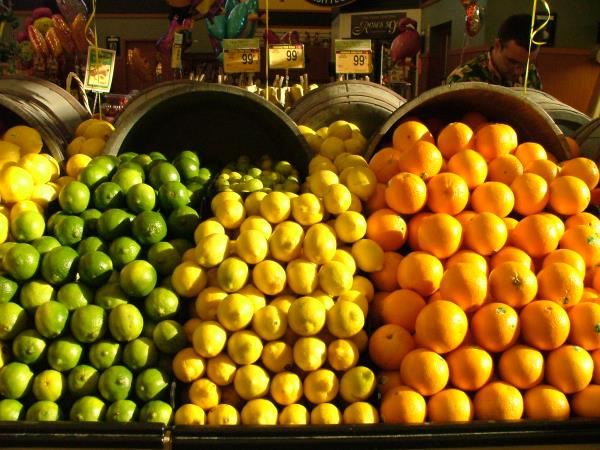IT seems just about every newly rediscovered food is labelled a ‘super food’, but what exactly is a ‘super food’ and are they really that super?
According to BUPA Health Insurance, there is no scientific definition of a super food, rather it is an informal category for foods that are particularly high in health benefits.
While all vegetables are good for the body, some prove the victor when it comes to packing a nutritional punch and not all super foods need to be hard to pronounce or expensive.
BUPA recommends adding the following foods to the shopping list:
– Citrus fruit: while citrus fruits are famous for their vitamin C content, they also provide a healthy serve of vitamin B9, also known as folate, fibre and a range of protective antioxidants.
– Apples: when compared to the more expensive goji berries and acai fruits, the humble red delicious apple juice proved to have more antioxidants than the expensive alternatives.
– Avocado: avocados provide B vitamins, vitamin C, potassium, magnesium and fats that are good for the heart.
– Black beans and red kidney beans: they may not look appealing, but black beans and red kidney beans are a good source of antioxidants, which help protect cells against chronic disease. The beans are also high in protein, have low GI and are rich in nutrients and cholesterol lowering properties.
– Broccoli: broccoli has a reputation as a cancer fighting food along with Brussel sprouts, cauliflower and Asian greens.
– Linseed: linseed is often praised for its omega-3 fats and cholesterol lowering fibre, but it also contains lignans – a plant hormone that may help reduce the risk of some cancers. Plus, linseed can easily be added to cereals and smoothies. Simply grind the seeds in a coffee grinder to keep them fresh and then add to your meal.
– Mushrooms: they are delicious, low-kilojoule and are full of fibre and B vitamins. Add some mushrooms to your next shopping list.
– Salmon: famous for omega-3 fats that help keep arteries healthier, Salmon is also delicious and can be used in an array of recipes.
– Traditional rolled oats: not just for bears, rolled oats are a great source of fibre and beta-glucan, which can help lower cholesterol. Plus, with a low GI level, rolled oats will help you feel fuller for longer.
– Walnuts: walnuts pack a punch when it comes to omega-3, but try to add a variety of nuts to the shopping cart. A mix of nuts will deliver a broad range of nutrients such as calcium in almonds and selenium in Brazil nuts.
Breakdown on super foods

Digital Edition
Subscribe
Get an all ACCESS PASS to the News and your Digital Edition with an online subscription
Cowboy Rock play Yandina
ACMA welcomes Cowboy Rock as guest artists to our concert on Sunday 29 March. With their on-stage energy, combined with our new dance floor,...







